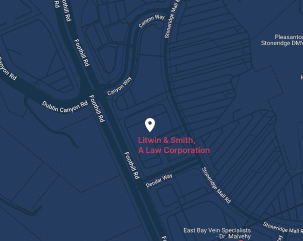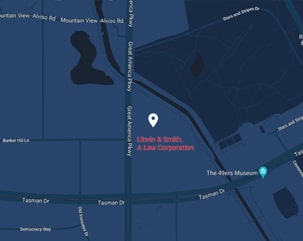News Bulletin: August 1, 2002
MEMORANDUM
TO: All Interested Persons
RE: News Bulletin
FROM: Edward R. Litwin
DATE: August 1, 2002
In the last week or so, three important developments have occurred which you may want to note:
1. Change of Address-Reaffirmation of requirement that aliens report address changes.
According to the Immigration Act, any “alien” in the United States (this includes immigrants and nonimmigrants, documented and undocumented, etc.) to notify the Immigration Service within 10 days of any change in their address (8 USC 1305). Failure to do so is considered to be a misdemeanor (8 USC 1306) but more importantly, failure to do so is a ground for deportation . This provision has been in the present law since its inception in 1952. However, until recently, it has hardly ever been enforced. Due to the events of September 11, 2001 and the need for the government to have the ability to contact certain non-citizens in the United States, the Immigration Service has notified the American public of this continuing requirement. With this notification comes the anticipation that the U.S. Government will become more aggressive in enforcing this provision, in the future.Therefore, it would be prudent to file the change of address form with the Immigration Service within 10 days of any future move. This is done by filing a Form AR-11 with the Immigration Service. There is no filing fee. To have documentation that such a form is submitted to the Immigration Service, it would be good to send the form with a return receipt requested or by Fed Ex. To be on the safe side, if you have moved in the past without informing the government, you should file one of these forms as soon as possible to demonstrate compliance with the law.
2. Child (Age-Out Protection)
Both Houses of Congress have passed a law which protects children who are turning 21. This law, currently waiting for President Bush’s signature, will ameliorate a common problem, that is, children of parents applying for adjustment of status, who have turned 21 during the permanent residence process. In the past, such children, now considered adults were not eligible to immigrate to the United States with their parents. The new law looks at the age of the child at the “time of filing” the application rather than at the “time of adjudication”. Therefore, any person under the age of 21 at the time of filing for permanent residence, will continue to be considered as an “accompanying” child.
Children were “aging-out” more and more as the length of time to process adjustment of status applications lengthened. For that reason, the Immigration Service was being requested more frequently to “expedite” such cases. These requests removed resources from the normal processing, creating even further backlogs. Once this new law is signed, there will be no need to use up these valuable resources. Unfortunately, this law will not be retroactive. This law has not yet been signed by the President but it is anticipated to be signed anytime.
3. Concurrent Filing of I-140/485 Application Authorized
Yesterday (July 31, 2002) the INS published a new regulation which allows for the concurrent filing of Form I-140 immigrant visa petitions and Form I-485 adjustment of status applications. In the past, applicants had to wait for the approval of their I-140’s before they could file their I-485’s. This new rule provides that an I-485 may be filed concurrently with the I-140 as long as a visa number is immediately available. (Currently, visa numbers are available for all employment based categories). This new rule also provides that the applicant, his/her spouse, and children can file applications for employment authorizations (EAD) and advance parole, along with their I-485 applications.
Further, if an employment-based I-140 is pending with the INS, the applicant may now file the I-485 with the Immigration Service as long as they provide a copy of the I-140 receipt notice. An applicant does not have to wait for the approval of the I-140 in order to file the I-485.
This regulation was promulgated in an effort to overcome the negative effects that the lengthy process for adjustment of status has been having. This is good news, especially in those situations where spouses are awaiting to obtain work authorization.


